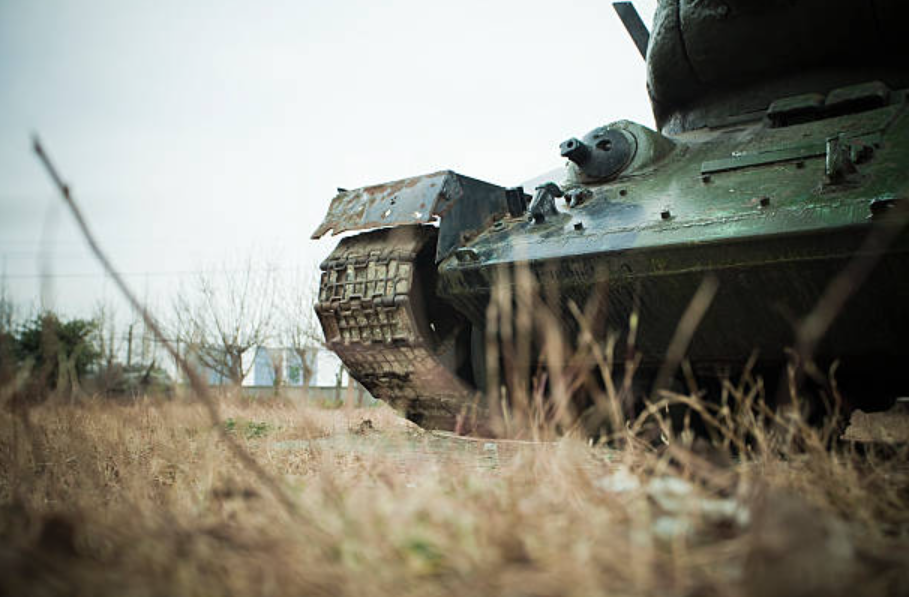The agreement between Russia and Iran to provide Iran with cutting-edge fighter jets and attack helicopters has surfaced, signifying a major improvement to Iran’s air force.
Iranian media coverage of the purported deal has raised alarms, especially within the US administration.
Citing Iran’s deputy defense minister, the semi-official Tasnim News Agency disclosed finalized plans for the delivery of Su-35 fighter jets, Mil Mi-28 attack helicopters, and Yakovlev Yak-130 jet trainers from Russia.
The agreement, initially reported by Tasnim and later confirmed by the official Islamic Republic News Agency (IRNA), remains unverified by the Kremlin.
If substantiated, this agreement would mark Tehran’s first purchase of fighter aircraft since the 1990s. Iran had previously sealed a deal for Su-35s and sought further military assets from Moscow, including attack helicopters and combat training aircraft.
The suggested military agreement between Russia and Iran has attracted disapproval from the United States, eliciting concern and negative feedback from US authorities.
Iran’s Ambitious Military Goals Through Russian Alliance

White House National Security Council spokesperson John Kirby emphasized concerns about escalating defense cooperation between the two countries, asserting its adverse impact on Ukraine, Iran’s neighboring nations, and the broader international community.
Kirby highlighted Iran’s provision of military support to Russia, including artillery ammunition, guided aerial bombs, and drones like the Shahid loitering munitions, notorious for their use in Ukrainian cities. He further expressed apprehension that Iran might extend its support to provide Russia with ballistic missiles, a prospect viewed with great concern by the US.
The US has already taken action in response to Iran’s support for Russia’s actions in Ukraine, imposing sanctions and collaborating with entities like the European Union to expand the sanctions’ reach.
Kirby emphasized Iran’s pursuit of extensive military capabilities through this burgeoning alliance with Russia, emphasizing the country’s quest for billions of dollars worth of military equipment to bolster its defensive capacities.
The evolving dynamics between Russia and Iran in the realm of defense cooperation continue to draw international attention and prompt responses from key global players concerned about its broader implications for regional stability and global security.


Comments are closed.